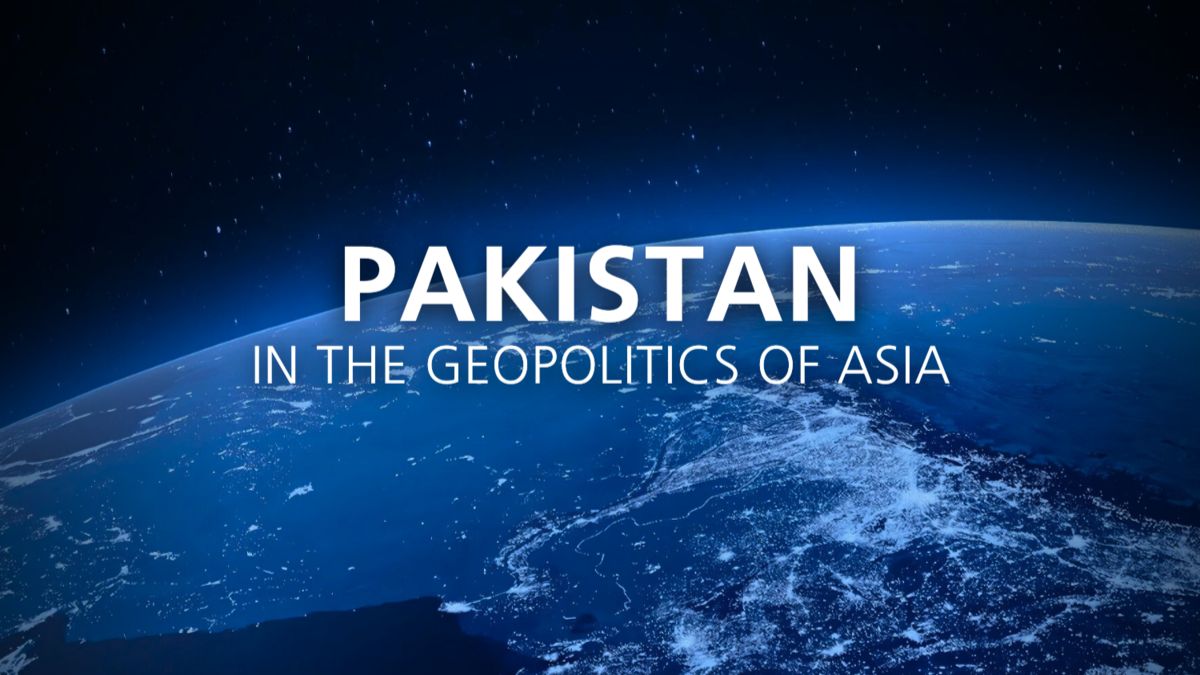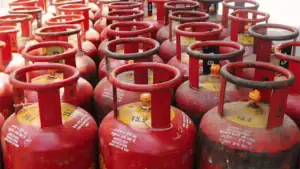Geopolitical Importance of Pakistan – Pakistan occupies a vital geostrategic position at the crossroads of South Asia, Central Asia, and the Middle East. Its location, economic potential, military strength, and international alliances make it a central player in both regional and global affairs.
Key Highlights of Pakistan’s Geopolitical Significance
| Factor | Significance |
|---|---|
| Strategic Location | Gateway between South Asia, Central Asia, and the Middle East |
| Borders | Shares frontiers with China, India, Iran, Afghanistan, and the Arabian Sea |
| CPEC | China-Pakistan Economic Corridor connects Gwadar Port to Western China |
| Muslim World Role | Major influence in Islamic diplomacy and defense cooperation |
| Nuclear Capability | Strategic deterrent ensuring balance in South Asia |
| Counterterrorism Efforts | Key role in global anti-terror operations and regional peace talks |
| Trade and Energy Transit | Central path for pipelines and international trade routes |
| Diplomatic Versatility | Maintains strong relations with diverse global powers |
Read More: What is the NPT? Explaining the Nuclear Non-Proliferation Treaty
1. Strategic Location and Borders
Pakistan shares borders with China, India, Afghanistan, and Iran, and has access to the Arabian Sea. This geographical position allows it to act as a critical connector for regional trade and military strategy. The development of Gwadar Port enhances Pakistan’s global maritime relevance.
2. China-Pakistan Economic Corridor (CPEC)
CPEC, a flagship project of China’s Belt and Road Initiative (BRI), links Kashgar (China) to Gwadar (Pakistan). It includes highways, railroads, and energy projects. This corridor:
- Strengthens Pakistan’s economic position
- Promotes regional integration
- Enhances China’s access to global markets
3. Role in the Muslim World
As the second-largest Muslim-majority country, Pakistan:
- Is a founding member of the Organisation of Islamic Cooperation (OIC)
- Supports causes like Kashmir and Palestine
- Maintains military alliances with Saudi Arabia, UAE, and Turkey
This makes it a key voice in Islamic geopolitics and regional unity.
4. Nuclear Power Status
Pakistan is among the few countries with declared nuclear capabilities, making it a significant player in strategic stability. Its nuclear status:
- Serves as a deterrent in the South Asian region
- Balances power with nuclear-armed neighbor India
- Commands international attention on arms control and non-proliferation
5. Counterterrorism and Regional Security
Pakistan has played a central role in:
- U.S.-led War on Terror
- Peace negotiations in Afghanistan
- Membership in the Shanghai Cooperation Organization (SCO)
Its strategic role contributes to both regional and international security dialogues.
6. Trade and Energy Transit Hub
Pakistan’s location makes it ideal for:
- Oil and gas pipeline transit from Iran and Central Asia
- Trade connectivity between landlocked Central Asia and maritime routes
- Supporting China’s and regional nations’ access to global shipping lanes through Gwadar Port
7. Diplomatic Balance and Global Alliances
Pakistan practices a balanced foreign policy, maintaining ties with:
- The United States and China
- Iran and Saudi Arabia
- Russia and Western countries
This allows it to play a diplomatic role in mediating tensions and participating in multi-regional forums.
Read More: Un Volunteers Pakistan – Complete Guide to Join in 2025
Conclusion
The geopolitical significance of Pakistan lies in its strategic location, growing economic corridors, nuclear capability, and influential diplomacy. As trade routes shift and global alliances evolve, Pakistan remains a central player in shaping the future of South Asia, the Middle East, and beyond. Stay tuned with Bloom Pakistan.









